Ask the Doctors
by Intown Staff
June 4, 2022
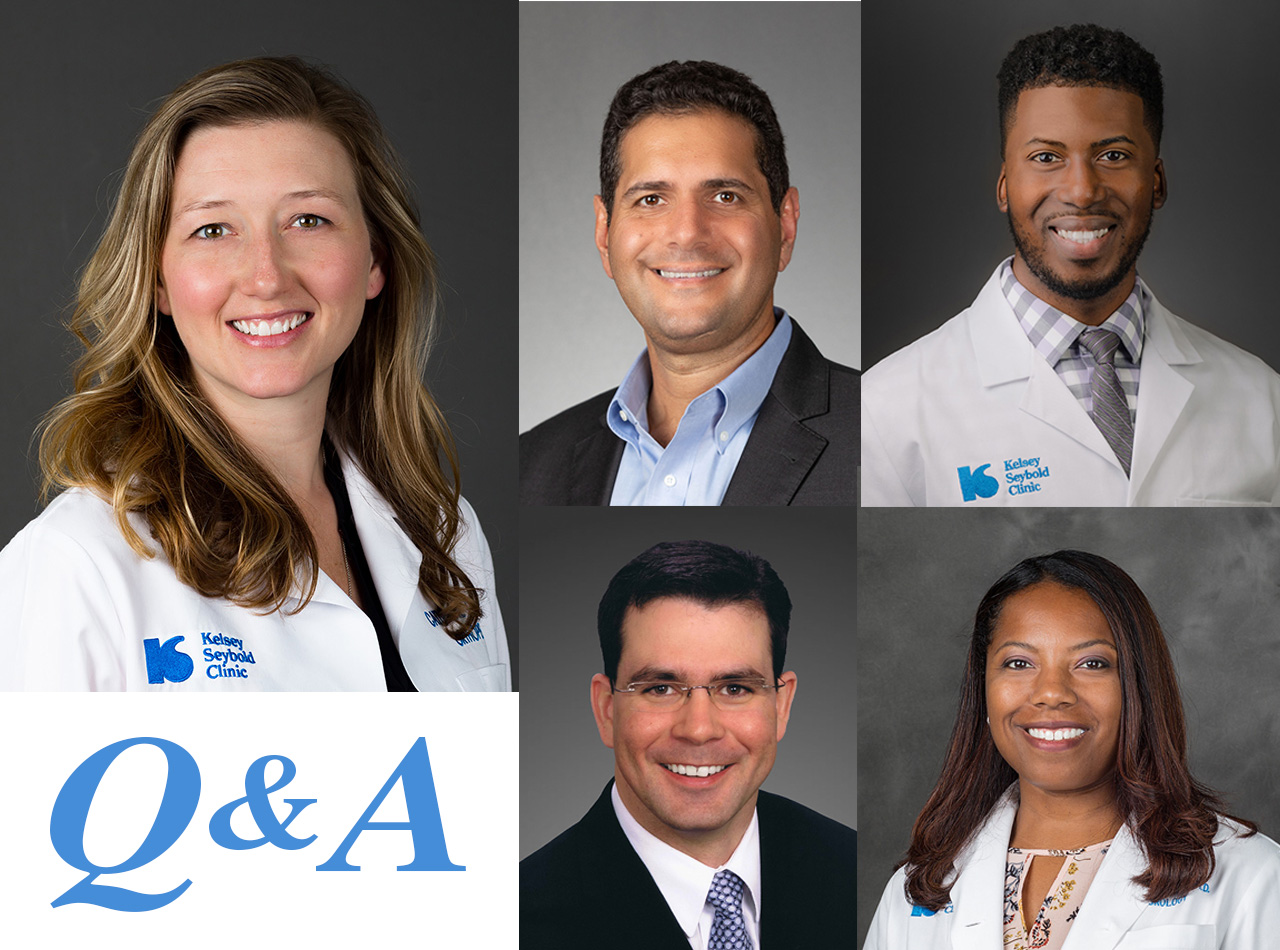
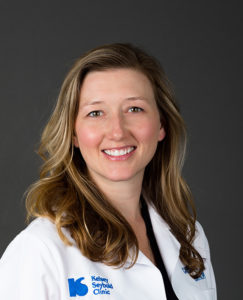
Orthopedics – Hip Replacement/Knee Replacement
Dr. Catherine Cahill
- What options are there for hip and knee replacement procedures to be done in an ASC setting?
- Kelsey-Seybold Clinic is currently building a large multispecialty clinic in Memorial, near I-10 and Campbell, named Memorial Villages. This new location will include an Ambulatory Surgery Center where patients will be able to have procedures such as hip and knee replacements. Because the Memorial Villages Ambulatory Surgery Center will have 23-hour observation, patients may have surgery and stay for observation for longer than a few hours but less than 24 hours. Memorial Villages is scheduled to open late summer 2022.
- What are the recommended age limits (min/max) for hip replacement/knee replacement surgery?
- Some doctors have age limits, but there is no true age limit. We base surgery decisions on the overall health and activity level of the patient.
- What can patients expect when they have hip replacement surgery?
- Arthritis pain goes away with surgery; recovery is usually quite fast, and patients are able to walk the same day. Patients are usually released to normal activity by six weeks, but recovery begins right away.
- What can patients expect when they have knee replacement surgery?
- Patients walk the same day and begin an exercise program three times a day. Some patients do outpatient physical therapy to help in their recovery, while others choose to do the exercises on their own. Recovery may take a few months, but most patients are released to normal activity six weeks after surgery.
- What can patients do in advance of surgery to improve outcomes?
- When it comes to joint replacement surgery, adhering to an exercise program and weight management are key to help improve post-op outcomes.
- What are things patients can do after the procedure to improve outcomes?
- Patients undergoing joint replacement surgery, including hip or knee, should work to maintain a healthy diet and weight, continue to exercise as instructed after surgery, and walk as much as you can. Post-operative success is also dependent on controlling chronic conditions, including diabetes.
https://www.kelsey-seybold.com/Find-a-Houston-Doctor/catherine-cahill-orthopedic-doctor
 Plastic Surgery – Face & Neck
Plastic Surgery – Face & Neck
Dr. Shayan Izaddoos
- What are the kinds of procedures that can be done in the office to improve the look of aging in a person’s face and neck (think 50+ for the target age)?
- Plastic surgeons can perform small procedures in their office to help different areas of your face look more youthful. These procedures are usually performed under local anesthesia without going under general anesthesia for surgery. Some of these procedures include Botox, fillers, upper eyelid surgery, lower eyelid surgery, and even a brow lift. Sometimes, we can also perform fat transfer to the face under local anesthesia.
- What are the kinds of procedures that can be done in the ASC to improve the look of aging in a person’s face and neck (think 50+ for the target age)?
- The ambulatory surgical center (ASC) is the optimal facility to have a variety of surgical procedures that can freshen up your look under “twilight” sedation or general anesthesia. In an ASC, we can perform more involved aesthetic procedures such as a complete facelift or a neck lift that require more time and are more invasive. In addition, we can combine smaller facial procedures such as brow lifts or eye lifts with neck lifts or a facelift and fat transfer in the ASC. We tailor these procedures to the goals of our patients to deliver a rejuvenated, younger look.
- How safe are neck and eye surgeries for those 50+? Do these procedures really improve the look of aging?
- The Ambulatory Surgery Center is a safe place for outpatient surgical procedures and affords privacy, cleanliness, and efficiency. The use of local anesthetics allows your surgeon to complete many anesthetic procedures of the face without the use of general anesthesia. Eye lifts or brow lifts can be performed comfortably and safely with minimal sedation and local anesthesia while our patients are awake. Other procedures, like neck lifts or face lifts, may require more of a “twilight” anesthesia along with the use of local anesthetics.
- What are some other benefits of having these procedures done?
- Simple procedures like an eye or brow lift removes wrinkles, extra skin, and years from your upper face helping take weight off of your eyes and make you look your best. Eye lifts can even improve vision. A face lift and neck lift can help erase the damage that the sun and gravity have caused over years and help our patients put their best faces forward when meeting their family, friends, or coworkers. All our procedures help to restore our patients’ confidence.
https://www.kelsey-seybold.com/find-a-houston-doctor/shayan-izaddoost-plastic-surgery
 Cardiology – Advancements in Cardiovascular Treatments
Cardiology – Advancements in Cardiovascular Treatments
Dr. George Adesina
- What are some of the most common cardiovascular treatments that our cardiologists perform on an outpatient basis?
- We routinely perform electrocardiograms (EKG) to evaluate for acute or previous heart damage and arrhythmias. Echocardiograms (ECHO) (ultrasound of the heart) can be obtained in the office to look at the heart’s valves and pumping function. We also do a stress test and even can ablate varicose veins all while in the office.
- What are some of the most important changes people can make today to improve their cardiac outcomes?
- Lifestyle modification and prevention are key. A healthy diet, regular exercise, avoiding tobacco use, and seeing your doctor regularly can drastically decrease the chances of developing heart disease.
- What are some things we know today about heart health that we didn’t know 20 years ago and have made a significant positive impact on outcomes?
- We as cardiologists are equipped with so many more tools for accurate diagnosis and treatment than ever before. This allows us to detect disease more efficiently and effectively, which leads to better clinical outcomes. In addition to incorporating personalized medicine, this has truly been a game-changer.
https://www.kelsey-seybold.com/Find-a-Houston-Doctor/george-adesina-cardiologist
 Kelsey-Seybold Clinic Ambulatory Surgery Center – Chief of ASC
Kelsey-Seybold Clinic Ambulatory Surgery Center – Chief of ASC
Dr. Jose Nolla
- What are some of the procedures that were delayed during the pandemic that are now getting done?
- During the COVID-19 pandemic, there was a delay of preventative procedures such as colonoscopies and cataract removals. Other procedures that were delayed included reconstructive knee surgery and nerve reconstructions, which are conditions that we know will worsen if they are neglected for prolonged periods of time.
- What are some of the new procedures/surgery capabilities that Main Campus ASC offers to patients?
- During the COVID-19 pandemic, there was a large push to stay out of the hospital to avoid unnecessary exposure. As a result, Kelsey-Seybold Clinic transitioned a large portion of gall bladder removals from the hospital to the ASC. Through improved anesthesia techniques, we have also been able to transition many of the larger plastic surgery reconstructions, and we are currently in the process of transitioning some major joint replacements, including hip and knee, to our ASC.
- If a patient is healthy enough to have surgery at an ASC, what are the reasons why would you advise them to choose that setting over a hospital setting?
- The main reason why people used to stay at the hospital after surgery was for the management of pain. The latest anesthesia techniques, which we employ at the Kelsey-Seybold Clinic Ambulatory Surgery Center, allow patients to have minimal pain during their early recovery, making an overnight hospital stay unnecessary.
https://www.kelsey-seybold.com/Find-a-Houston-Doctor/jose-nolla-orthopedic-doctor
 Neurology – Alzheimer’s Disease
Neurology – Alzheimer’s Disease
Dr. Desiree Thomas
- What is dementia?
- Dementia is a cognitive disorder that affects your attention, learning, language, memory, and decision-making. As we age, we may be forgetful, such as not remembering where you put your phone or having difficulty remembering a celebrity’s name. Dementia is when it progresses to the point that if affects daily living activities, like driving, performing your job, or handling your medications and finances.
- What is Alzheimer’s disease, and how is it related to dementia?
- Alzheimer’s is the most common type of dementia. It happens due to deterioration in the part of the brain that controls memory. Other types of dementia include vascular due to strokes, drug/alcohol induced, and damage caused due to head trauma.
- Traditionally, what are some of the treatment options patients with Alzheimer’s disease can use?
- Medications such as Aricept/donepezil or Namenda/memantine, which alter brain chemicals involved in memory, can help with symptoms. Some people try various nonprescription supplements, but there isn’t as much data to know how much they help. Medications to help with the mood and sleep disturbance that occurs are also important.
- How does the new weekly patch that has been FDA approved for use in the treatment of Alzheimer’s disease help patients?
- The patch called Aldarity has donepezil, which currently comes in pill form. It is placed on weekly and may have fewer GI side effects like nausea/diarrhea than the pills and may help when patients won’t or can’t remember to take their pills. There is already a once-daily patch of another medication in the same family. It may be difficult to obtain insurance approval, as the brand patch will be much more expensive that the generic pills.
- Are there ways to prevent dementia and Alzheimer’s disease?
- Eating a healthy diet, frequent exercise, social stimulation, and brain games can help decrease the risk of developing dementia.
https://www.kelsey-seybold.com/Find-a-Houston-Doctor/desiree-thomas-neurologist
What's Your Reaction?
Excited
0
Happy
0
In Love
0
Not Sure
0
Silly
0









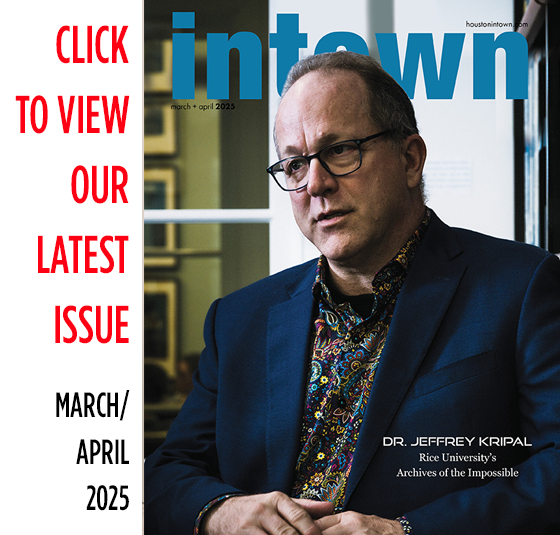












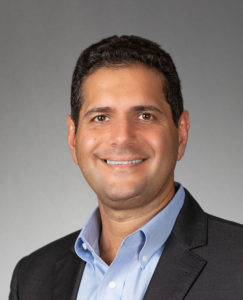 Plastic Surgery – Face & Neck
Plastic Surgery – Face & Neck 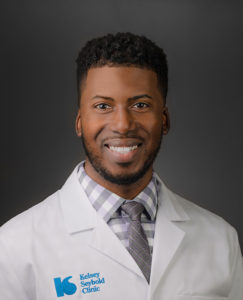 Cardiology – Advancements in Cardiovascular Treatments
Cardiology – Advancements in Cardiovascular Treatments 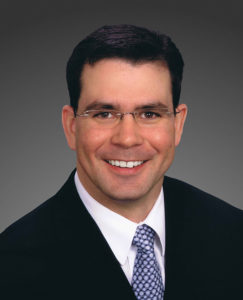 Kelsey-Seybold Clinic Ambulatory Surgery Center – Chief of ASC
Kelsey-Seybold Clinic Ambulatory Surgery Center – Chief of ASC 
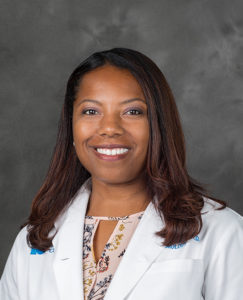 Neurology – Alzheimer’s Disease
Neurology – Alzheimer’s Disease 